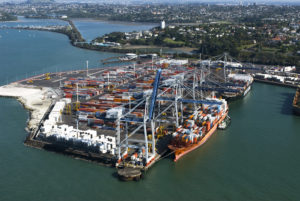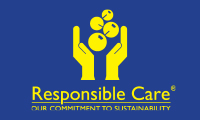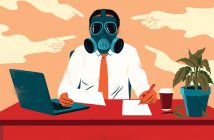Ports of Auckland’s decision to eliminate the gas used for container fumigation has won applause from the Green Party, which wants other ports to follow suit
Part of an ambition to become the most sustainable port in New Zealand, the initiative will require the total recapture of methyl bromide gas used for container fumigation by September 1, 2017, and for all cargoes by the end of the year
Ports of Auckland CEO Tony Gibson says: “Methyl bromide is a very effective pesticide and a key part of New Zealand’s biosecurity defence, but it is toxic to humans and depletes the ozone layer.
“By recapturing the gas after use we can improve safety, protect the environment and still keep unwanted pests out of New Zealand.”
At Ports of Auckland both containers and loose or ‘breakbulk’ cargo are fumigated by pumping the gas into a container or a tarpaulin covering the freight.
After fumigation, the gas is vented to the atmosphere and it is this last stage that will be stopped.
Ports of Auckland has a history of innovation to reduce methyl bromide use, becoming the first and only port in New Zealand to use heat treatment, instead of fumigation, for some cargoes.
However, heat treatment is not suitable for all cargoes (for example, fresh fruit) so fumigation is still necessary.
“We are not a major user of methyl bromide, but when it comes to caring for our people and the environment we think it is important to address every issue even if it seems small,” Gibson says.
“Every step we take to reduce our emissions takes us closer to our ambitious goal of having zero emissions by 2040.”
The Green Party applauded the decision to require total recapture of the toxic gas methyl bromide at the port by the end of the year, and says other ports must now follow suit.
“The Green Party has been campaigning for years alongside workers, community groups and many others to end the exposure of people to this toxic gas,” says Green Party pesticide spokesperson Steffan Browning.
“Methyl bromide, if inhaled, can have long-term impacts on the brain, and increase the risk of cancers and neurological issues.
“We shouldn’t be exposing anyone to this stuff.
“Following an Environment Court decision in Tauranga pointing to the non-compliance of the fumigator there, Ports of Auckland is doing the right thing, putting the safety of people and the environment first.”
Other ports need to follow suit, Browning maintains. “Ports in Napier, Tauranga and Whangarei have very limited recapture going on and that puts people working at the port and living nearby at risk of exposure.
“The Tauranga decision showed that New Zealand is not on track to meet its Montreal Protocol obligation to fully recapture, and reduce the use of, methyl bromide.”
There’s a real need for government to be more proactive and push the ports to improve recapture, he believes.
“The government said it would require mandatory recapture by 2020, but that is too late and many ports or log exporters have no plan in place to achieve this,” Browning adds.
New Zealand currently uses about 525 tonnes of methyl bromide a year, often when logs are fumigated for export.
Some 561 containers were fumigated at Ports of Auckland in 2015 and 282 ‘tent’ fumigations took place requiring 5.3 tonnes of methyl bromide, about one per cent of the New Zealand total.




